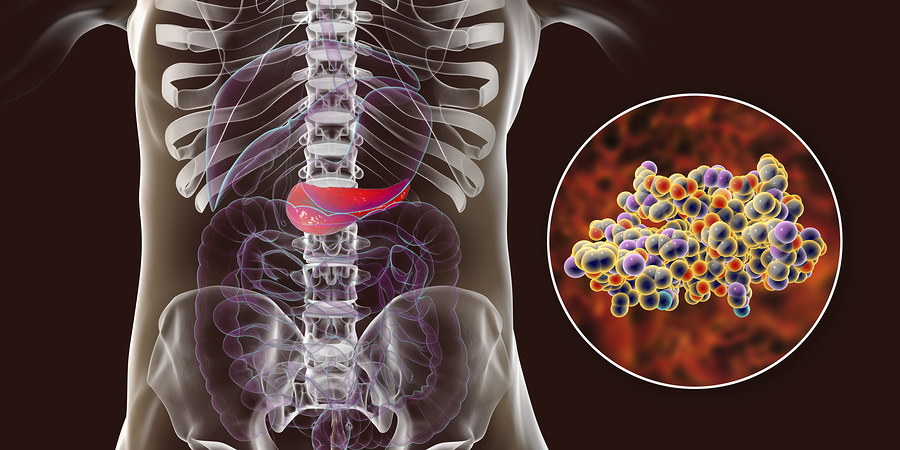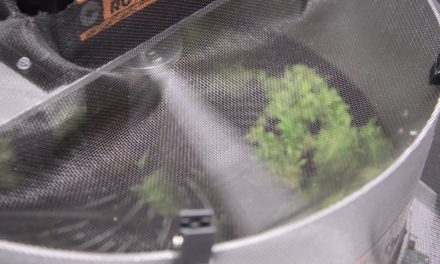By now, you’ve probably heard that your body is teeming with bacteria. Some 100 trillion of them live on your skin, in your mouth, and in the coils of your intestines. Some protect against infections and help you digest food, while others can make you seriously ill.
Fungi, viruses, and protozoa call your body their home, too. You house fewer fungal residents than you do bacteria by orders of magnitude, but as researchers are learning, these overlooked organisms play an important physiological role. In fact, when their numbers get out of whack, they can alter your immune system and even influence the development of cancer.
RELATED STORY:
A recent study published in the journal Nature, found that fungi can travel deep into the pancreas, which sits behind your stomach and secretes digestive enzymes into your small intestine. In mice and human patients with pancreatic cancer, the fungi proliferate 3,000-fold compared to healthy tissue — and one particular fungus may make pancreatic tumors grow bigger.
Researchers were surprised to find fungi in the pancreas, and even more surprised by their massive increase with the presence of disease Dr. George Miller, a surgical oncologist at the New York University School of Medicine who led the study, said:
“The pancreas was considered a sterile organ until a couple years ago.”
RELATED STORY
However, recent research from Dr. Miller’s lab and others indicated that some microorganisms, such as bacteria, could sneak past a muscle called the sphincter of Oddi, which separates the pancreas from the rest of the gut. We are learning that perhaps fungi could also colonize the pancreas the same way.












